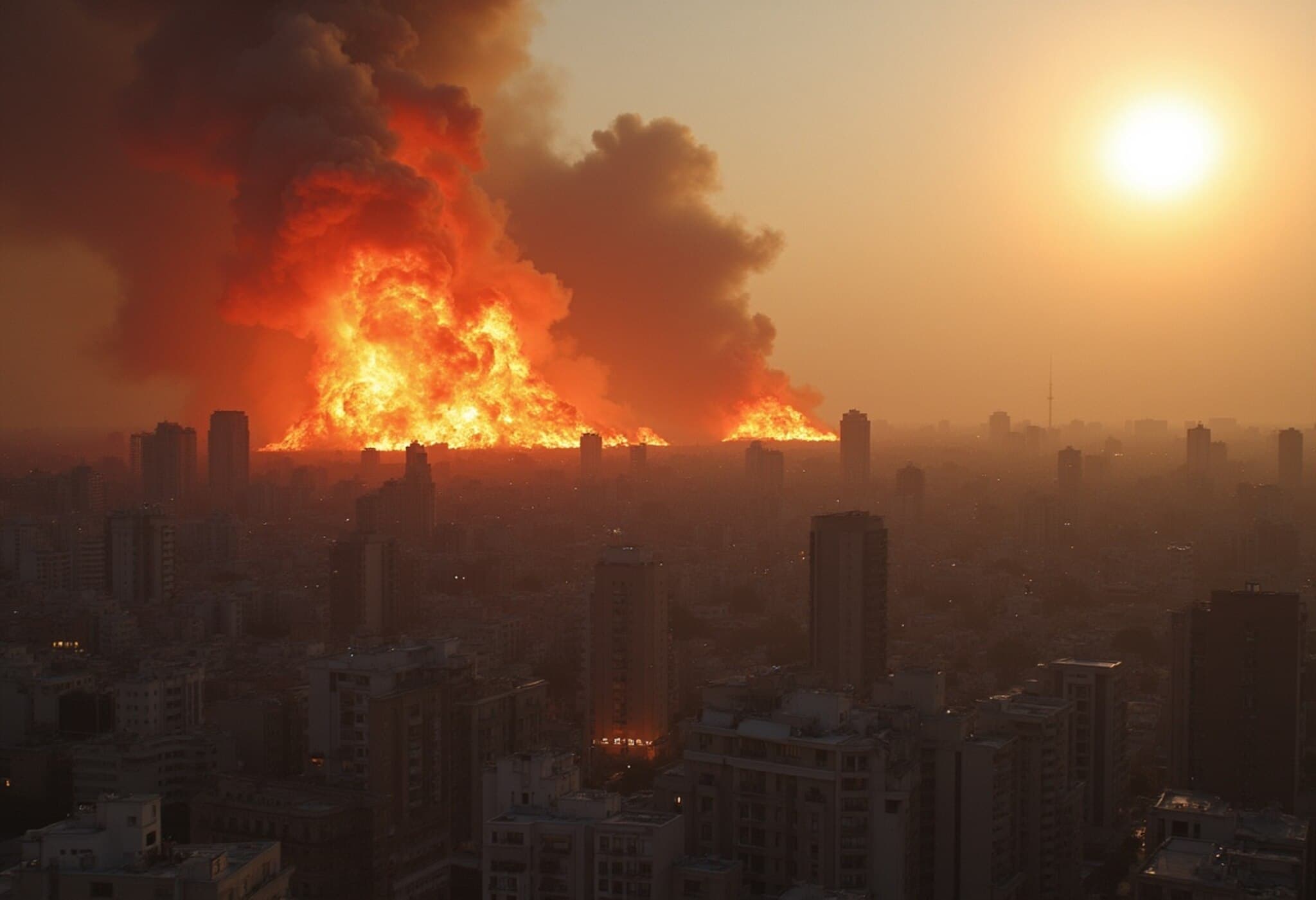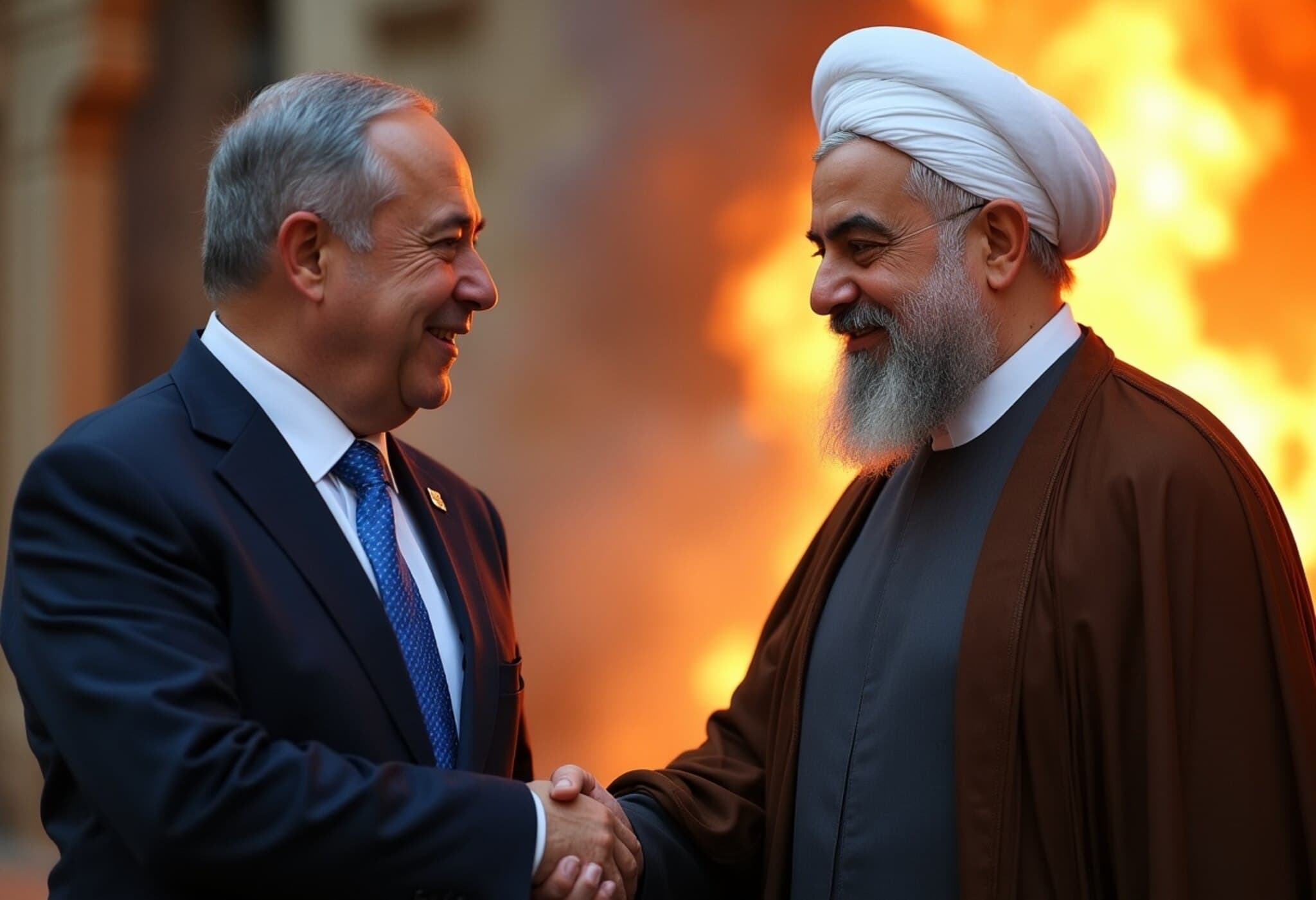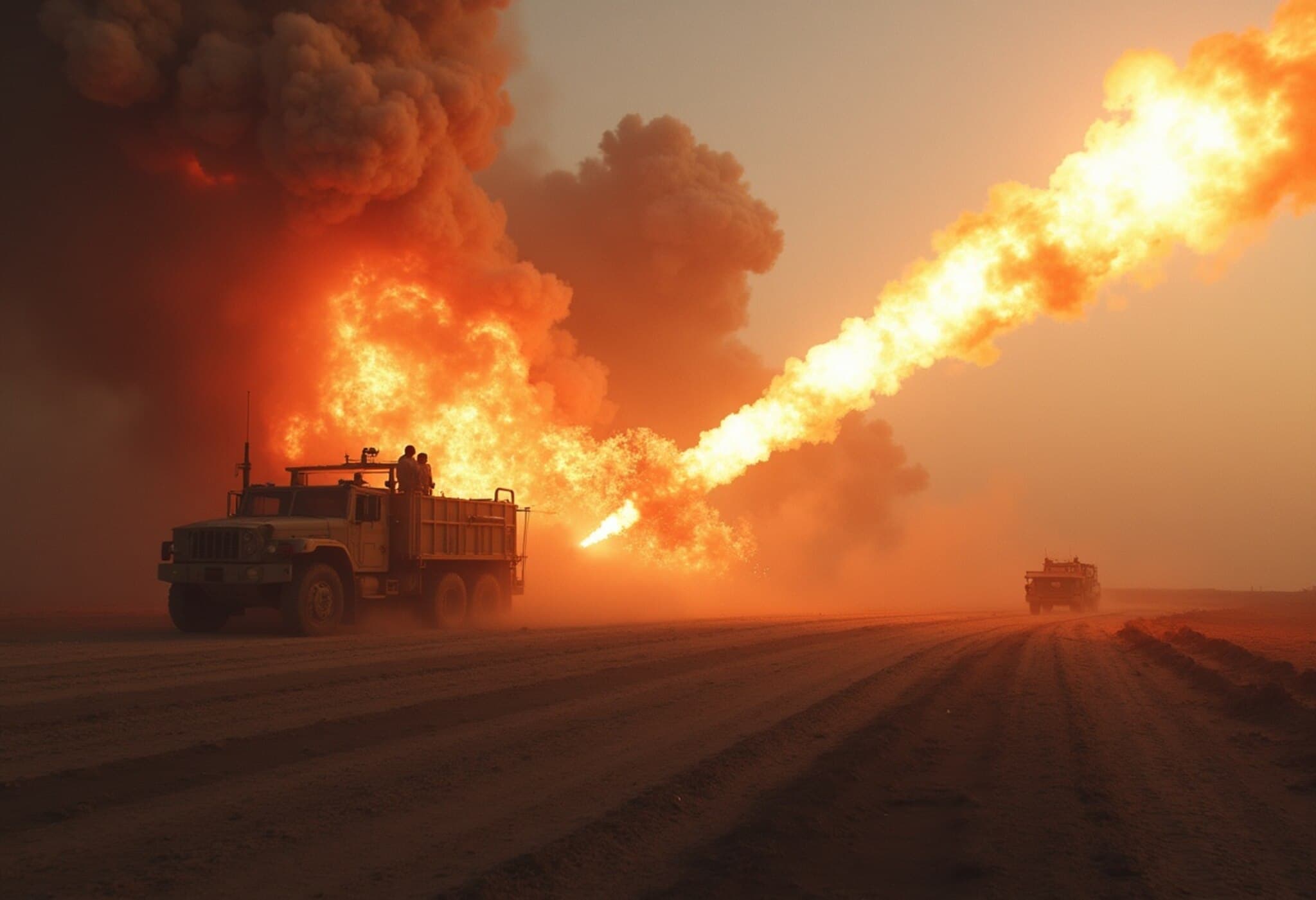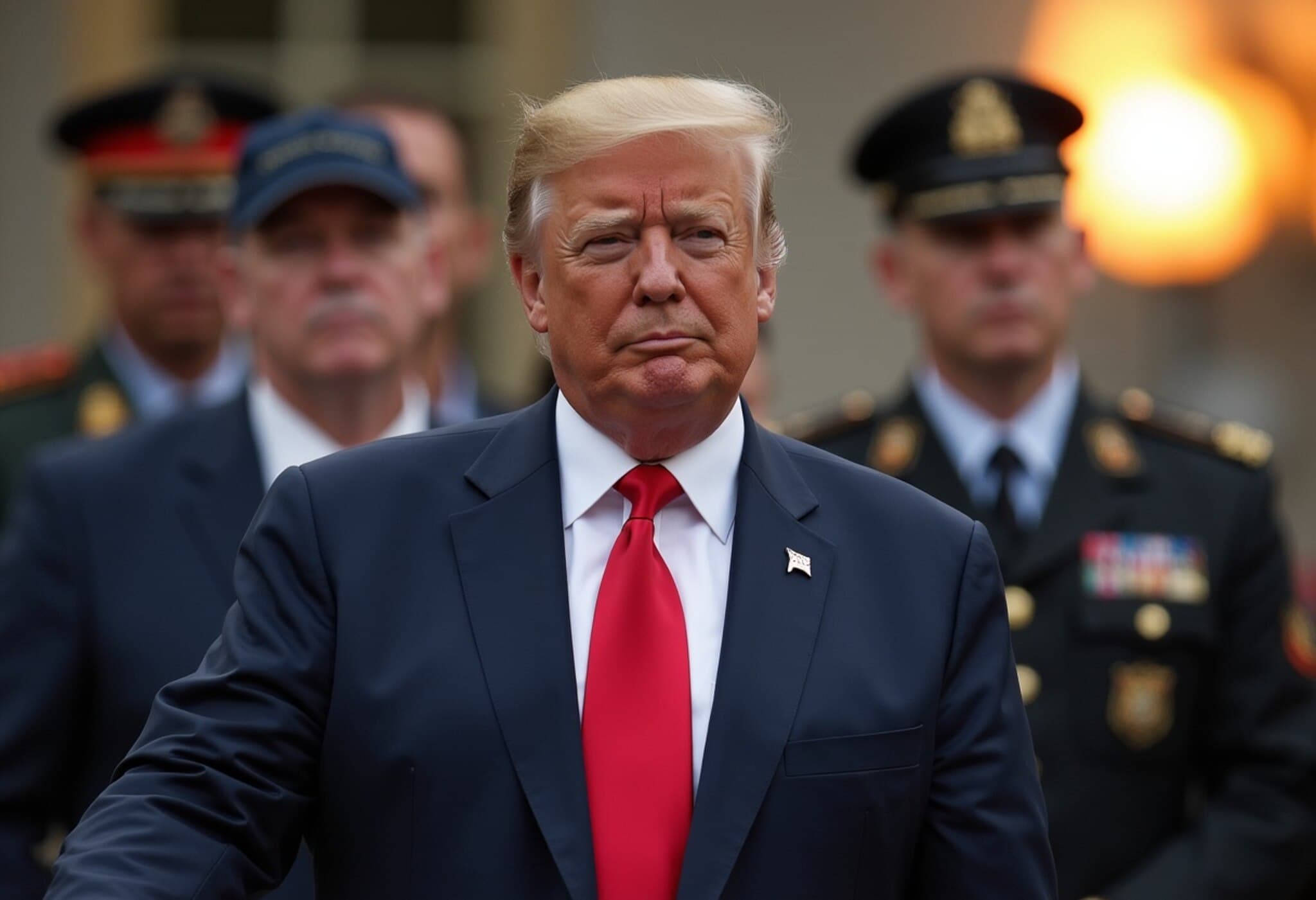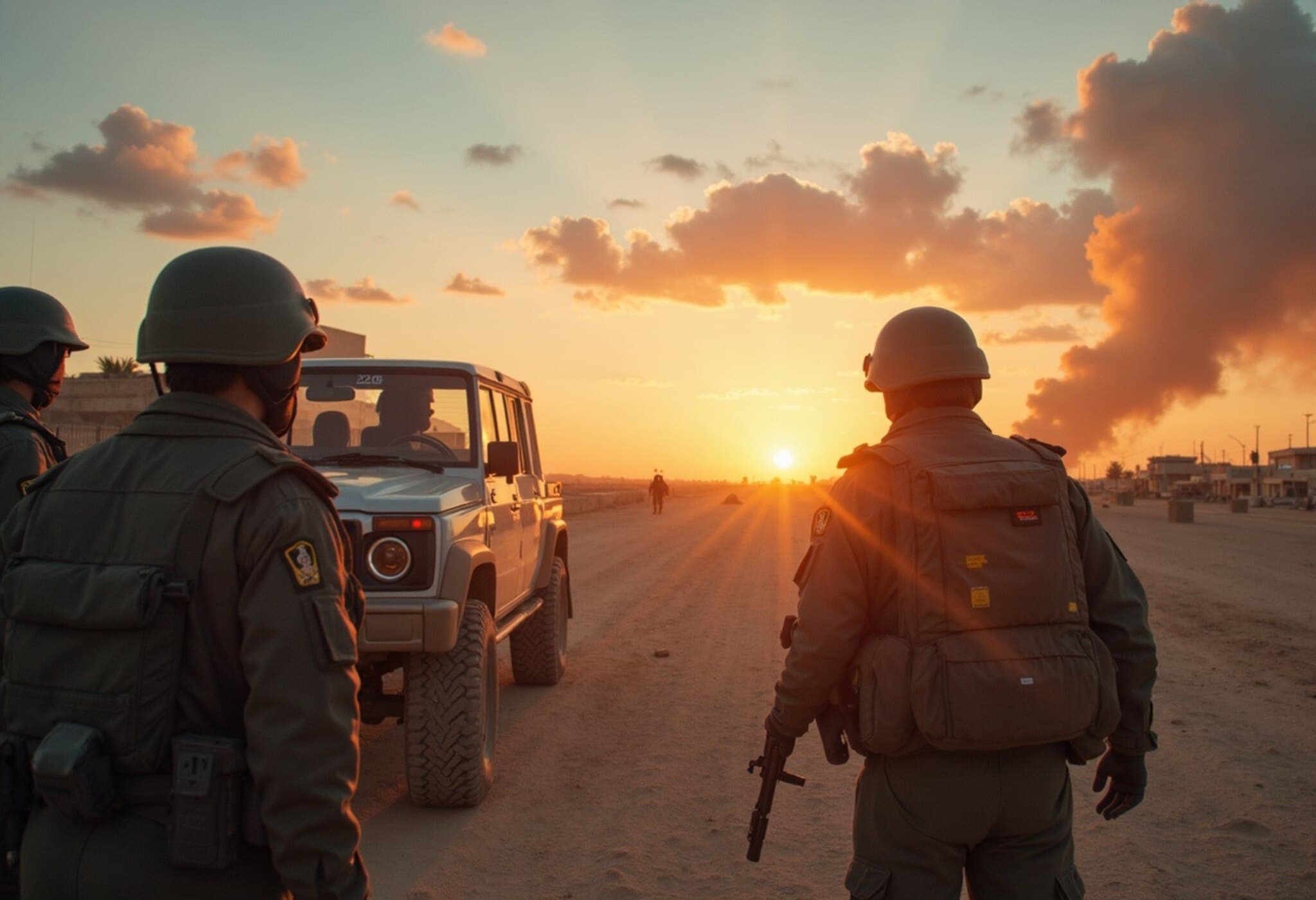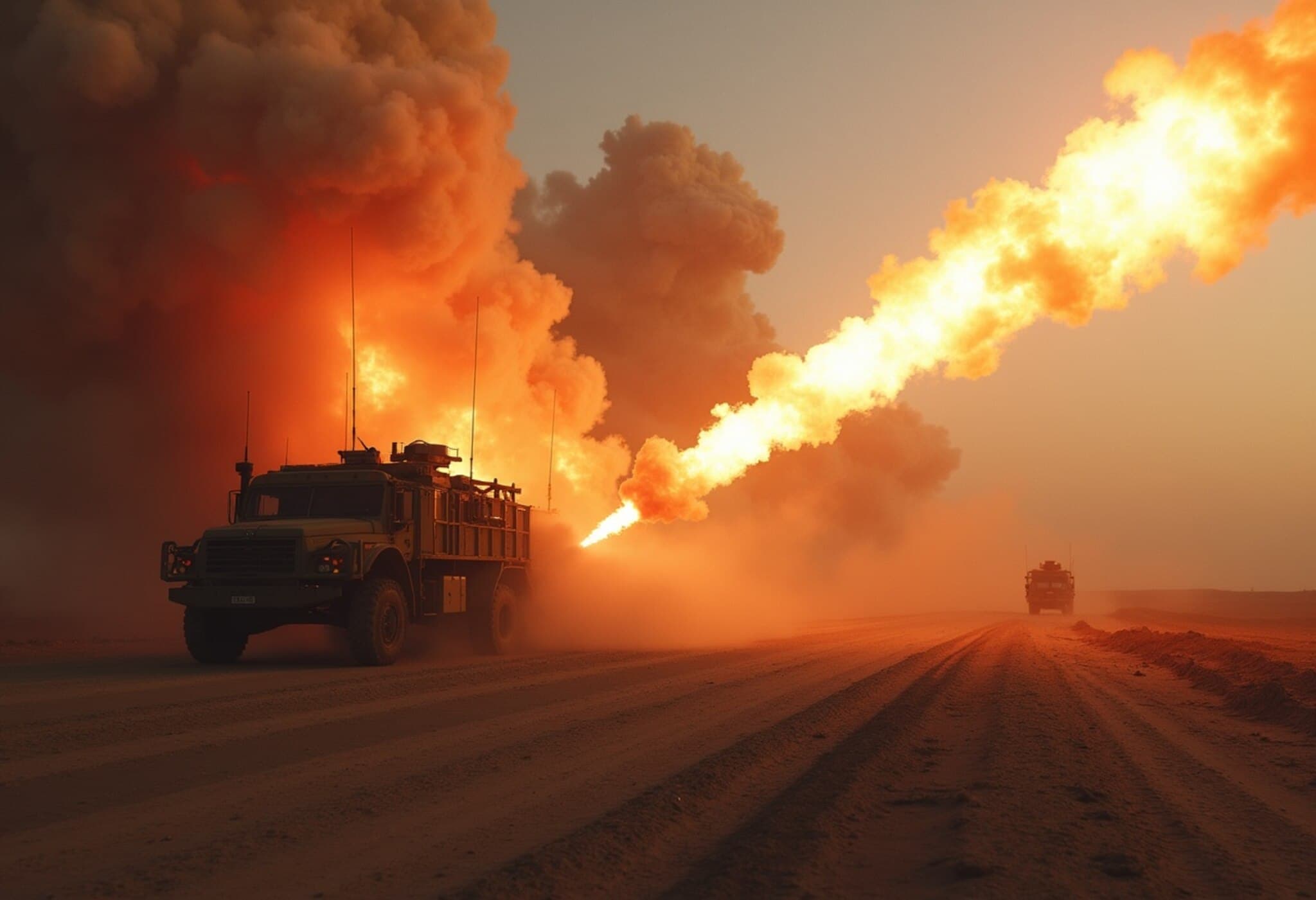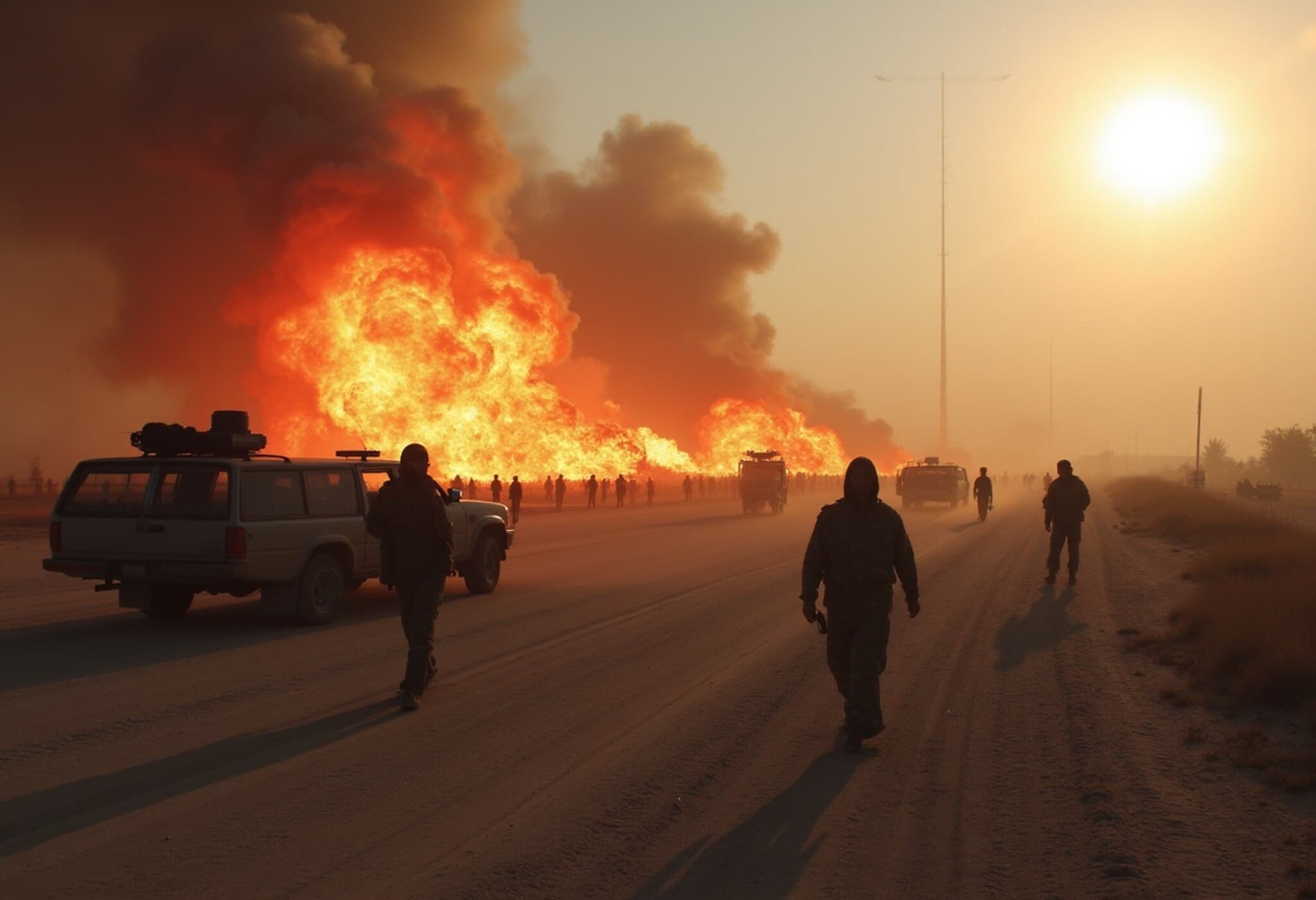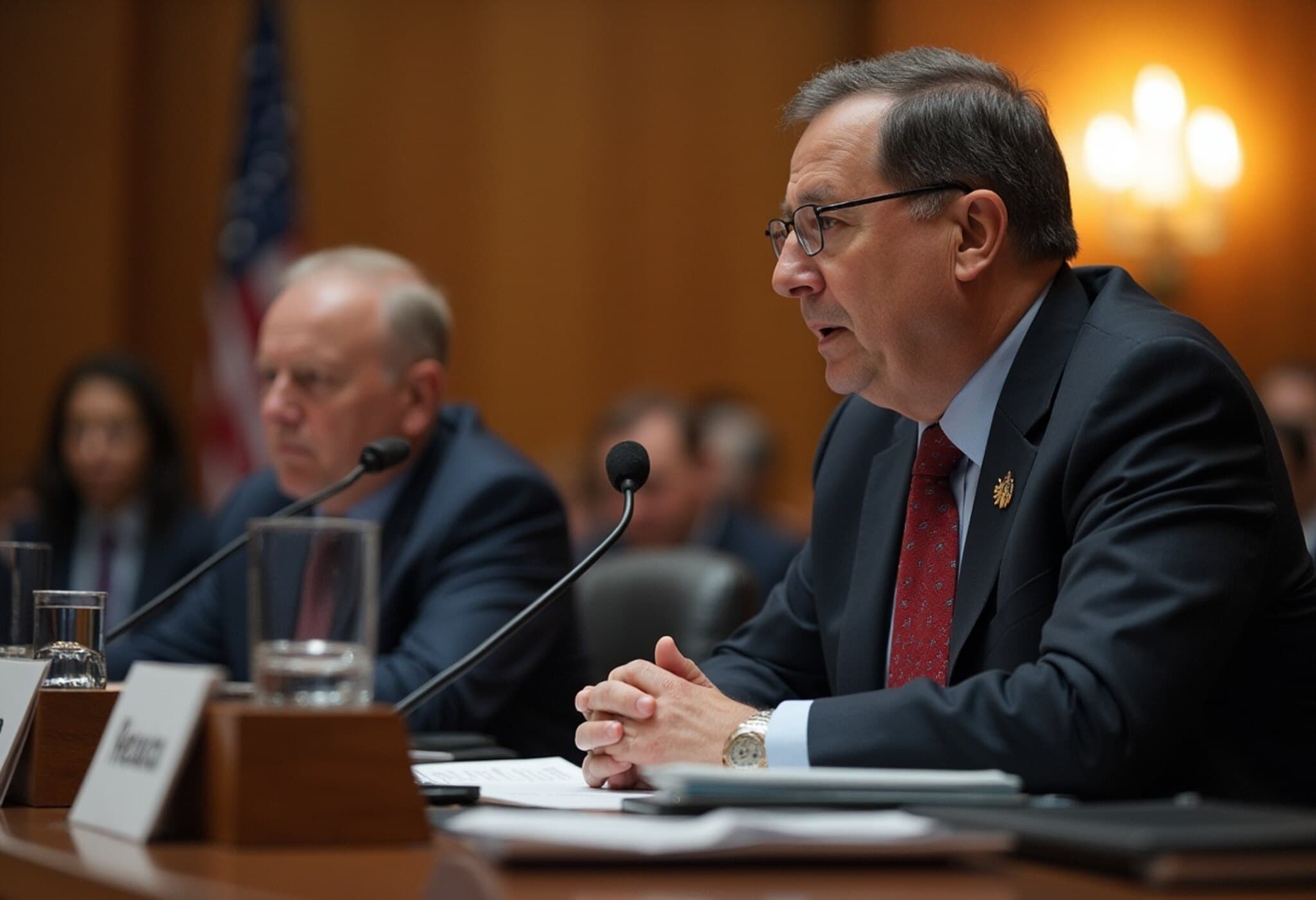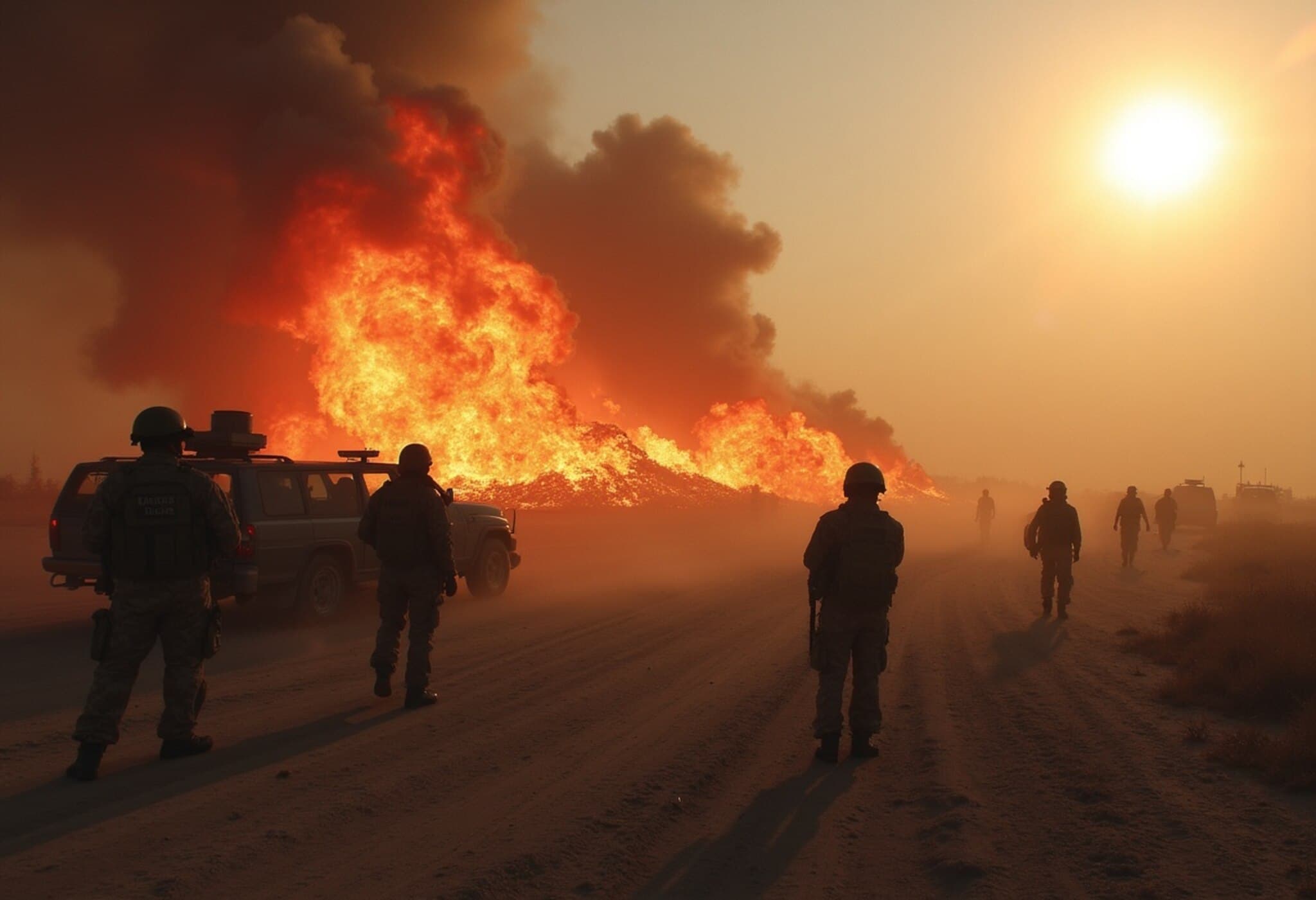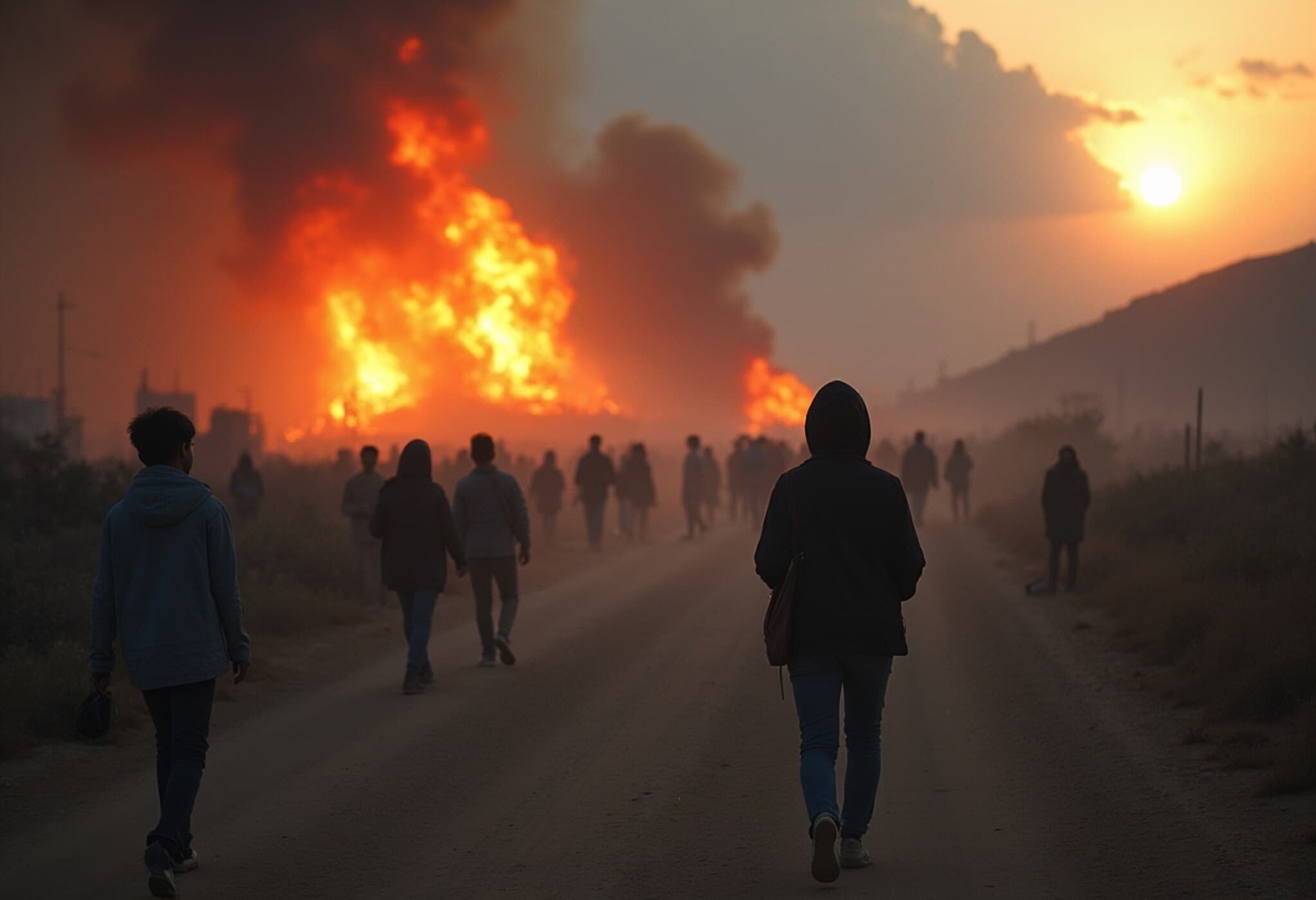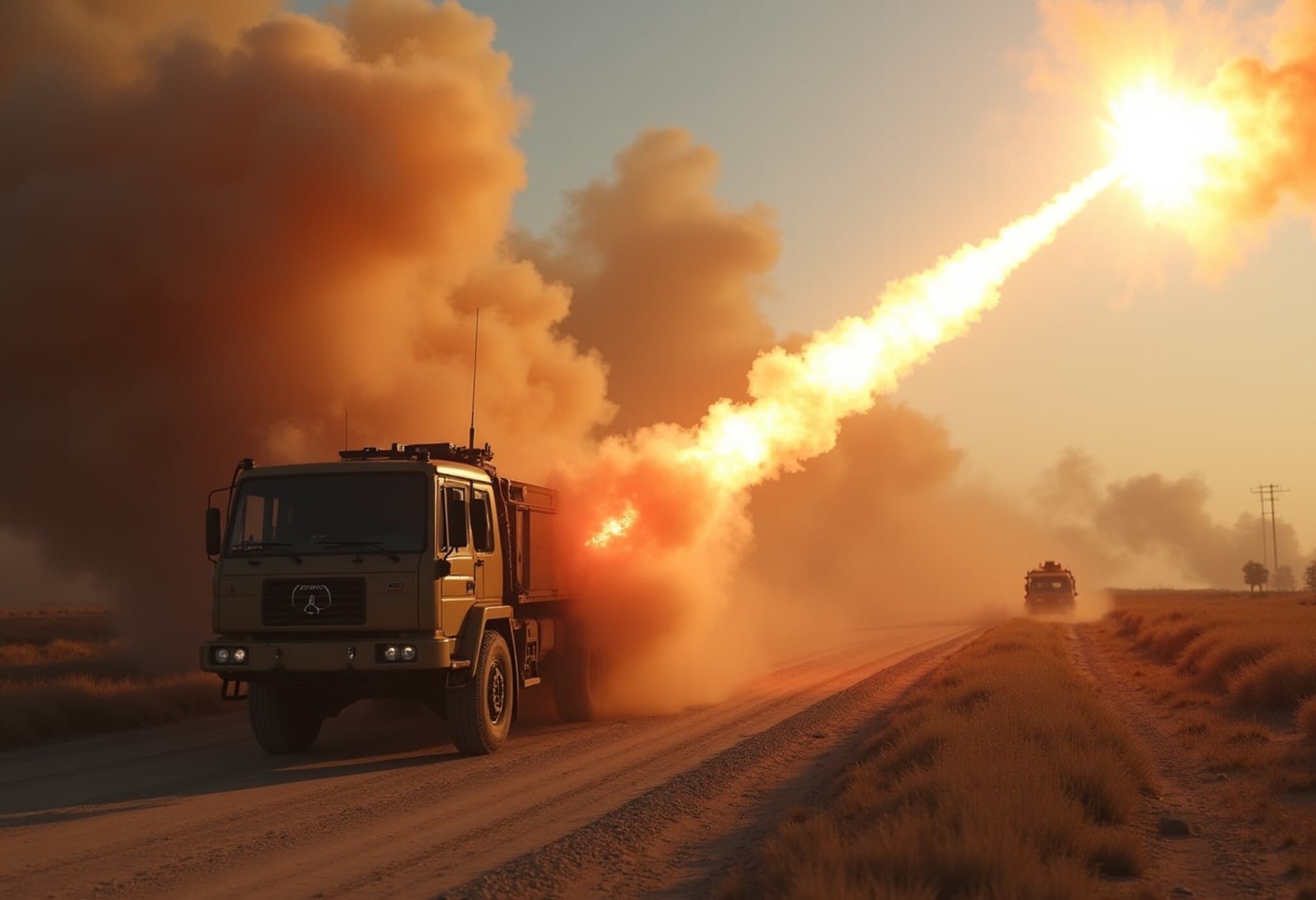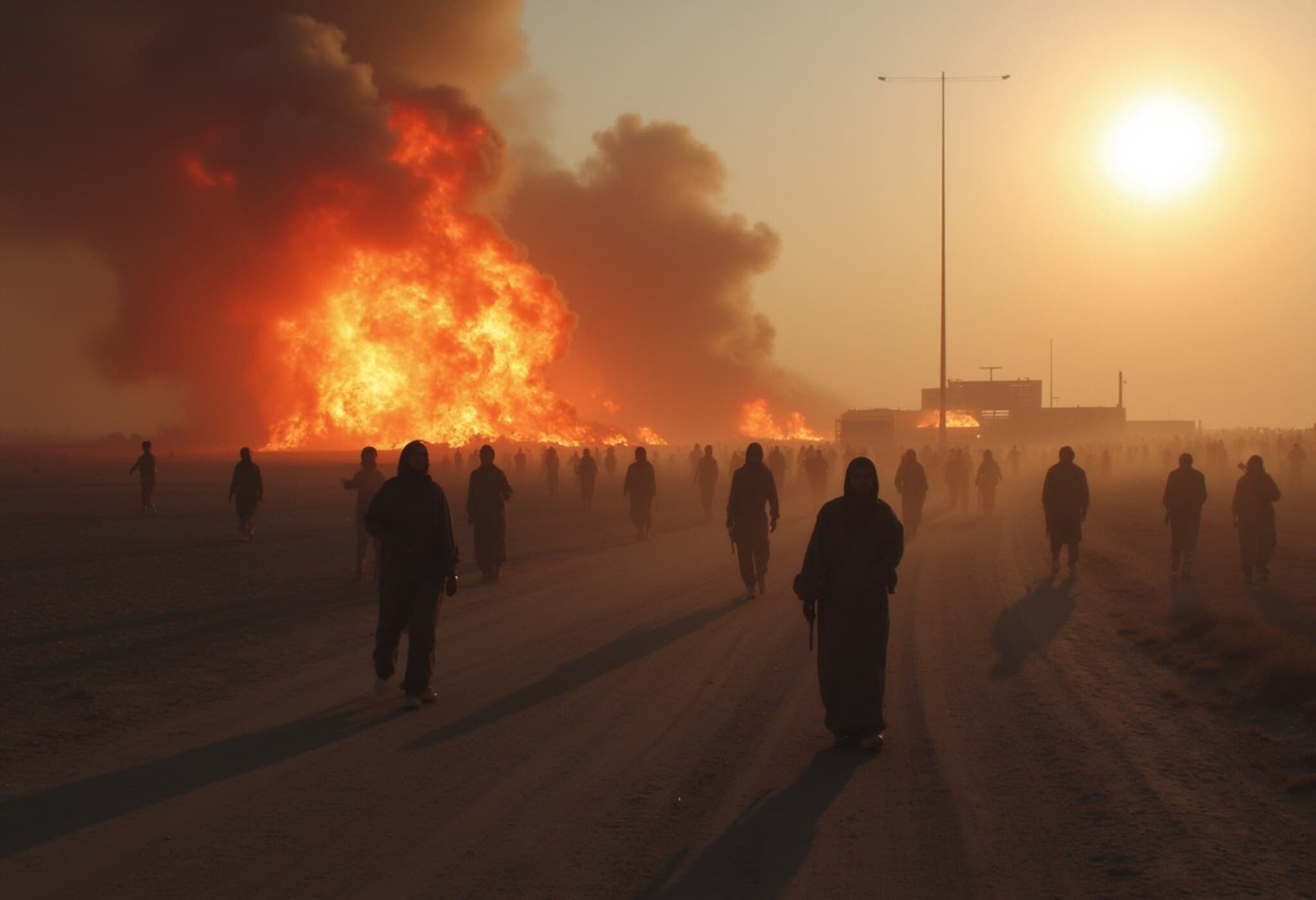Iran Suggests Ceasefire Amid Rising Tensions with Israel
In a surprising development on June 24, 2025, Iran hinted at a possible ceasefire with Israel following a brutal 12-day confrontation. The announcement came just hours after the US President declared a "complete and total" truce between the two longstanding adversaries.
Iran’s Foreign Minister Praises Armed Forces
Iranian Foreign Minister Abbas Araghchi took to social media to express gratitude towards Tehran’s military for their steadfastness. He acknowledged their efforts in responding to Israeli actions up until the early hours of the morning and praised their readiness to defend the nation "until their last drop of blood."
"The military operations of our powerful Armed Forces to punish Israel for its aggression continued until the very last minute, at 4 am," Araghchi posted.
Conditions for Ceasing Hostilities
Although no formal ceasefire agreement is in place yet, Araghchi emphasized that Iran harbors no intention of prolonging the conflict if Israel halts its "illegal aggression" by 4 am Tehran time. He insisted that Iran’s military response would cease if Israel stops hostilities unilaterally.
"As Iran has repeatedly made clear: Israel launched war on Iran, not the other way around. As of now, there is NO 'agreement' on any ceasefire or cessation of military operations," he stated.
US President Declares Historic Ceasefire
Earlier on the same day, US President Donald Trump announced what he called a "complete and total" ceasefire between Iran and Israel. According to the President, the truce would roll out in phases starting at 9:30 am IST, with Iran ceasing military actions first, followed by Israel 12 hours later.
Trump hailed this development as a testament to the courage and stamina of both nations, branding the recent conflict as "THE 12 DAY WAR." However, it is important to note that Israel has yet to publicly respond to these ceasefire claims.
US Praises the Ceasefire Agreement
The US Director of National Intelligence, Tulsi Gabbard, lauded the truce as "historic," attributing its success solely to President Trump's efforts. She commended the endeavor as a monumental step toward peace, deserving gratitude from people across the Middle East and beyond.
Retaliatory Strikes and Regional Escalation
The ceasefire talk arose amidst escalating military actions. Earlier, the US targeted three major Iranian nuclear sites—Fordow, Natanz, and Esfahan—with bombings. In response, Iran launched a missile strike against the Al-Udeid air base in Qatar, the largest US military installation in West Asia.
Iran’s Supreme National Security Council clarified that their missile launch mirrored the intensity of US bombs dropped on its nuclear facilities while minimizing civilian risk in Qatar's urban regions. The attacks were executed by Iran's Revolutionary Guards Corps.
In a subsequent statement, President Trump confirmed that no American lives were lost and minimal damage occurred during the missile assault, expressing hope that the incident would mark the end of hostilities.
Unfolding Developments
The situation remains fluid as both nations weigh their next steps. Iran’s inclination toward halting operations, contingent on Israel’s actions, and the US-mediated announcements add complexity to the conflict’s resolution prospects.
Key Takeaways:
- Iran hinted at a ceasefire following 12 days of hostilities with Israel.
- US President announced a "complete and total" truce, though Israel has not reacted.
- Iran’s armed forces responded fiercely but expressed willingness to cease if Israel stops aggression.
- US bombing of Iranian nuclear sites prompted Iranian missile strikes on a US base in Qatar, escalating tensions.
- No American casualties reported in retaliatory strikes according to US officials.

